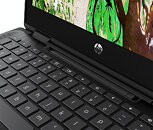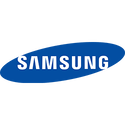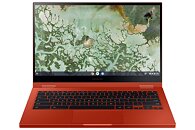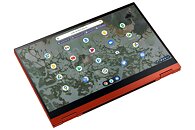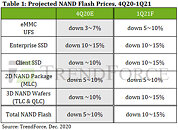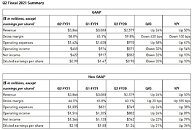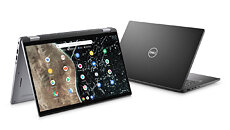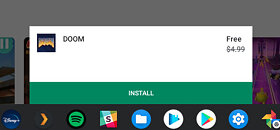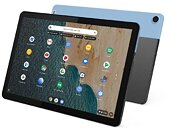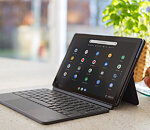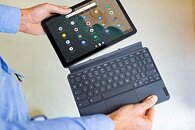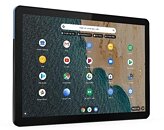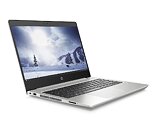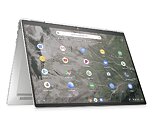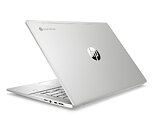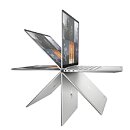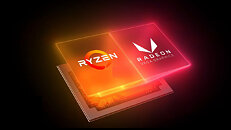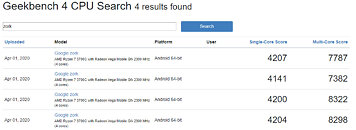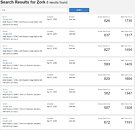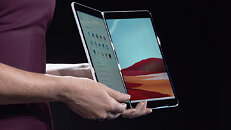
Intel Celebrates 10 Years of Chromebooks
Google and the broader Chrome ecosystem continue to deliver innovative, cloud-first PC experiences with Chromebooks powered by Intel—from use in classrooms to go-anywhere connectivity for work and gaming.
"This past year has reminded us that the PC is an integral part of our lives," said Chris Walker, Intel corporate vice president and general manager of Mobile Client Platforms. "Intel and Google share a vision for delivering the computing experiences that matter most to people. Together, we have enabled the incredible growth and evolution of the Chrome ecosystem over the last decade to reach amazing levels of capability and performance. We're excited to build on this collaboration as we continue to drive innovation forward." Since the first device was introduced in 2011, an entire ecosystem has evolved and more than 100 million Chromebooks have made their way into the world for students and educators, general consumers and businesses. Over those 10 years, Intel has worked closely with Google and original equipment manufacturers (OEM) to enable more than 100 Intel-based Chromebook designs and drive new areas of innovation.
"This past year has reminded us that the PC is an integral part of our lives," said Chris Walker, Intel corporate vice president and general manager of Mobile Client Platforms. "Intel and Google share a vision for delivering the computing experiences that matter most to people. Together, we have enabled the incredible growth and evolution of the Chrome ecosystem over the last decade to reach amazing levels of capability and performance. We're excited to build on this collaboration as we continue to drive innovation forward." Since the first device was introduced in 2011, an entire ecosystem has evolved and more than 100 million Chromebooks have made their way into the world for students and educators, general consumers and businesses. Over those 10 years, Intel has worked closely with Google and original equipment manufacturers (OEM) to enable more than 100 Intel-based Chromebook designs and drive new areas of innovation.










